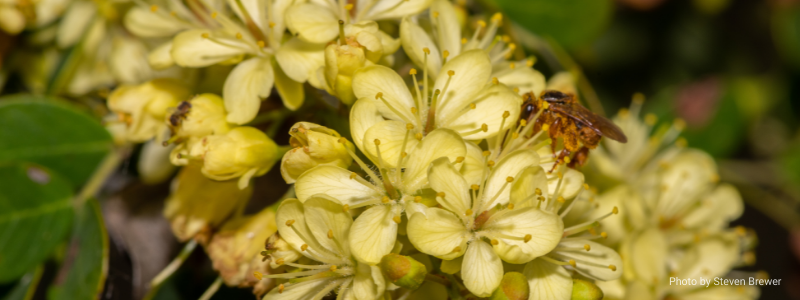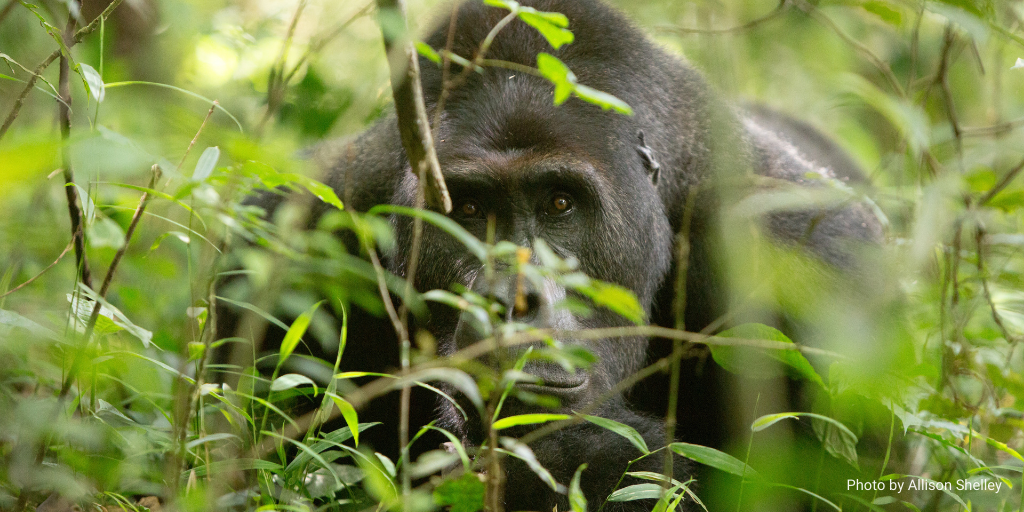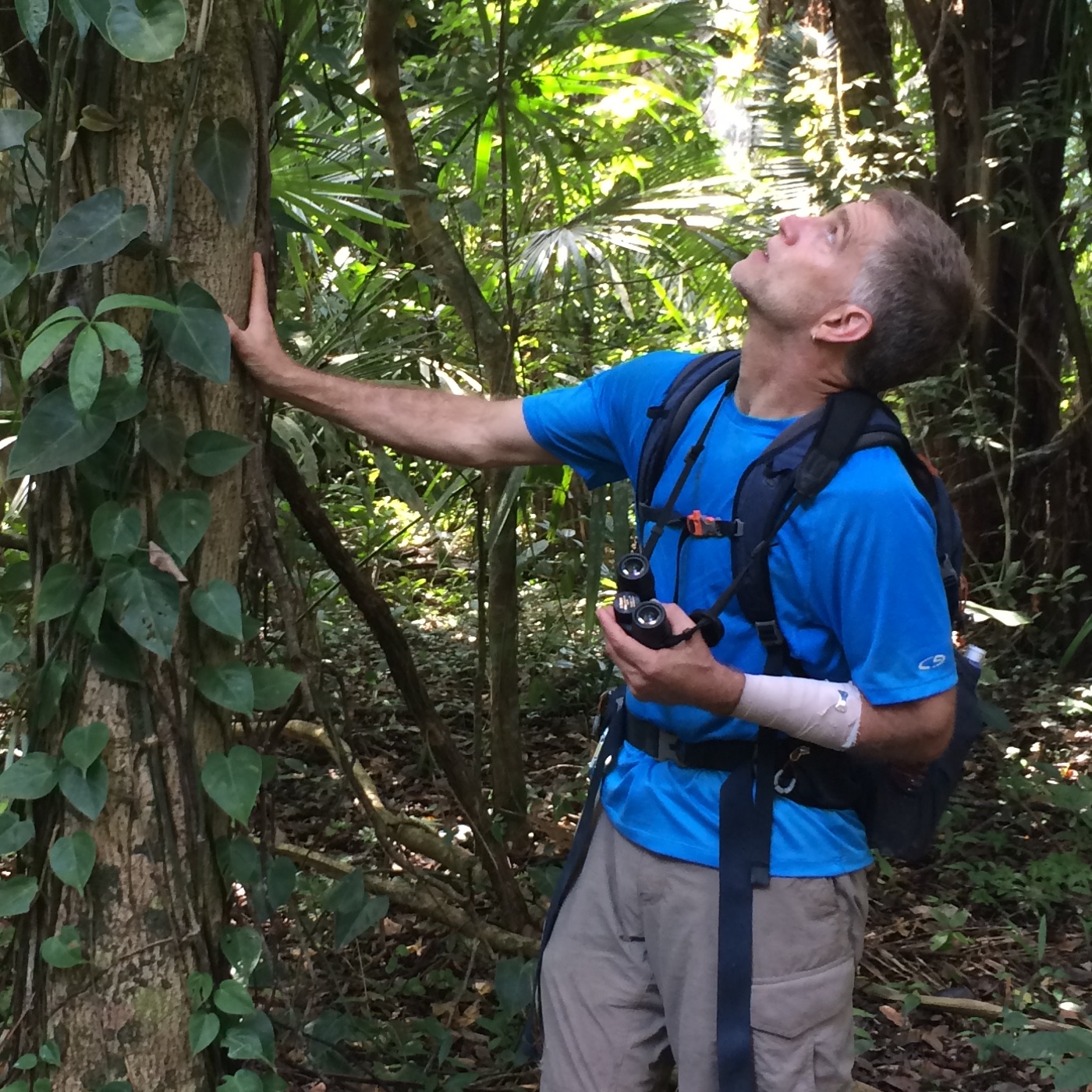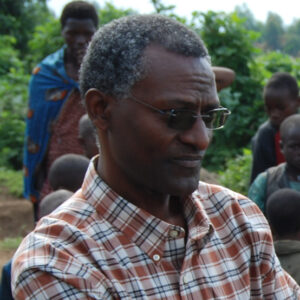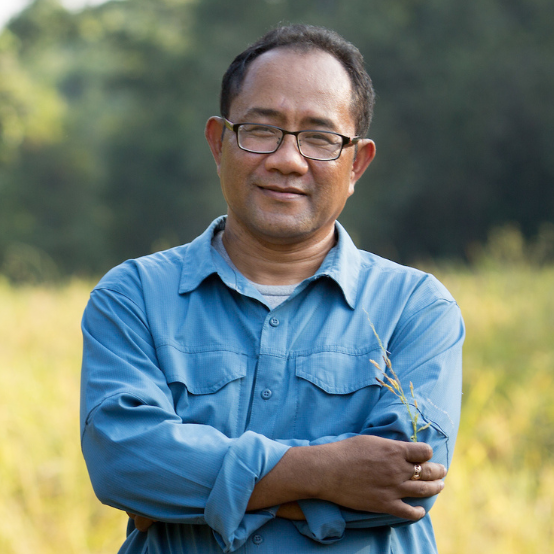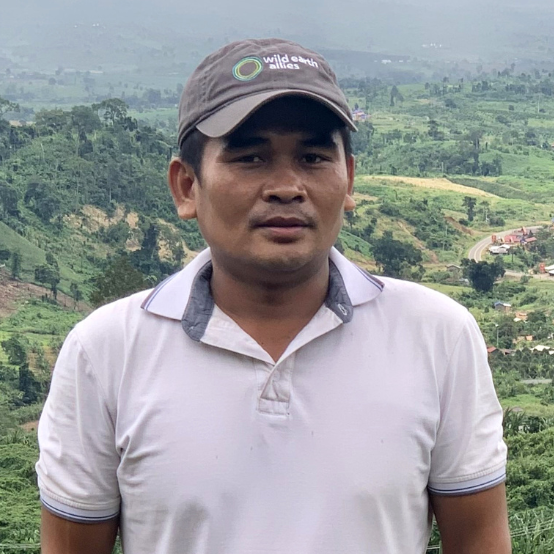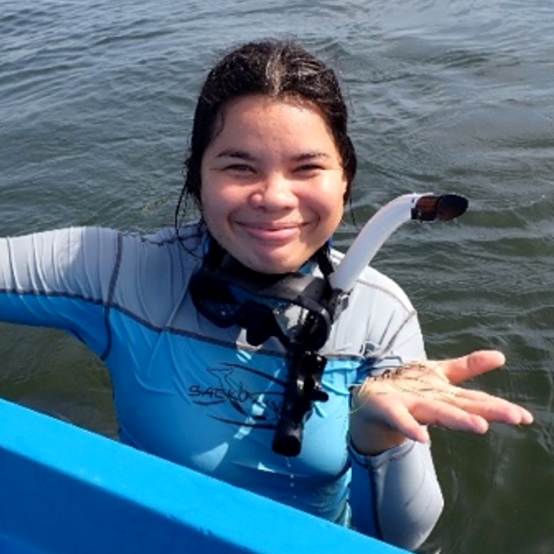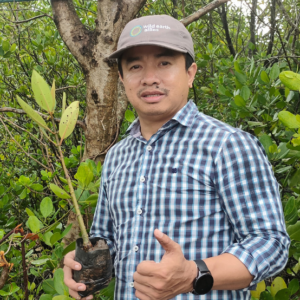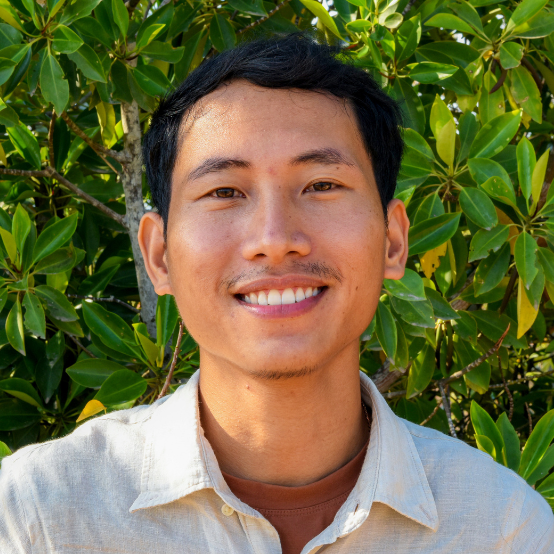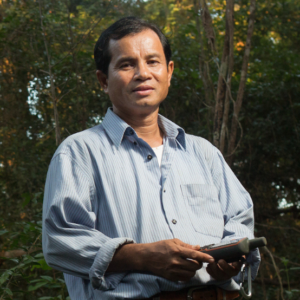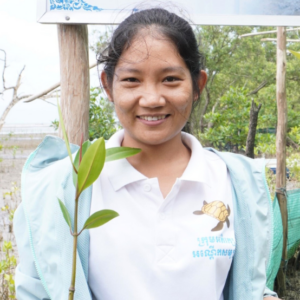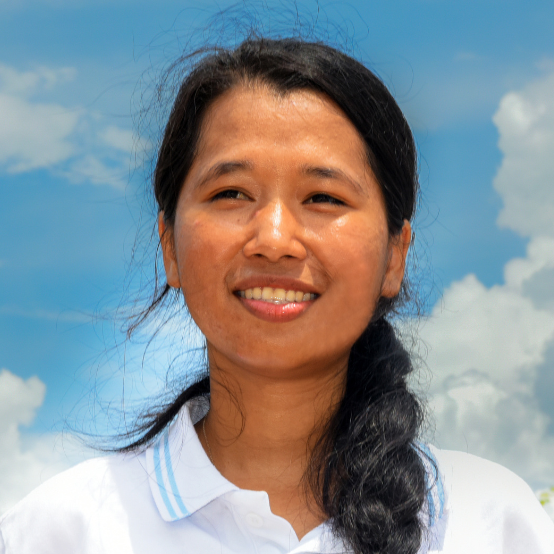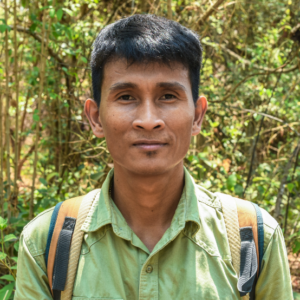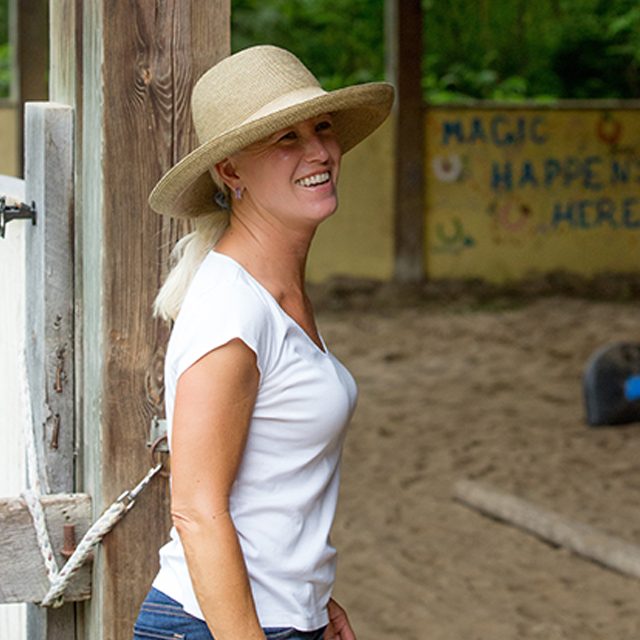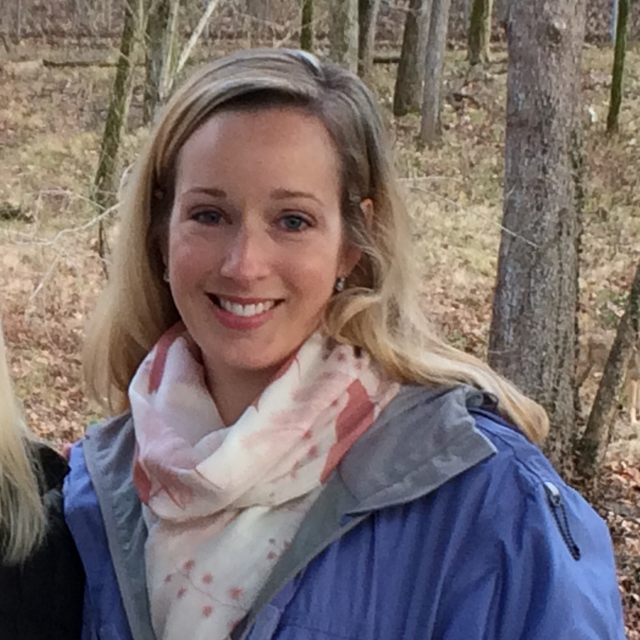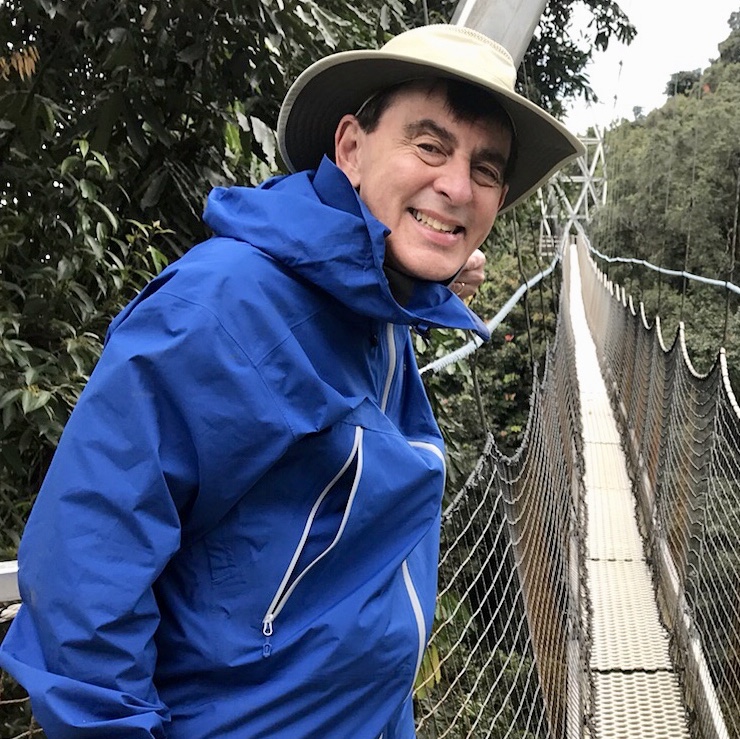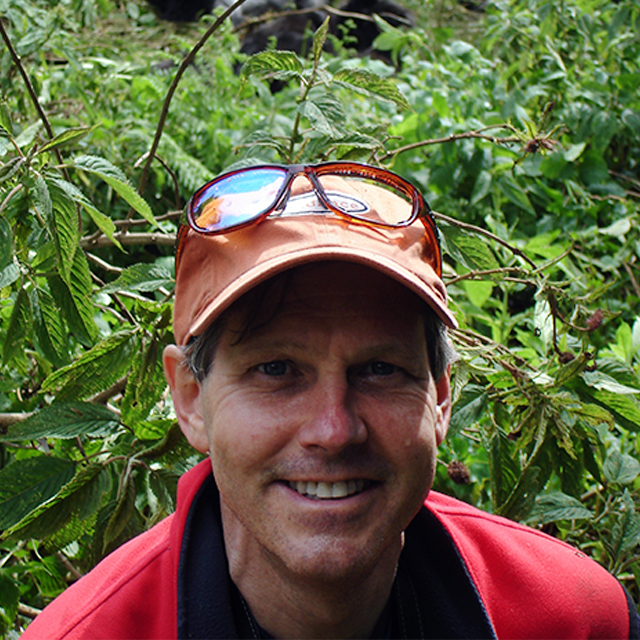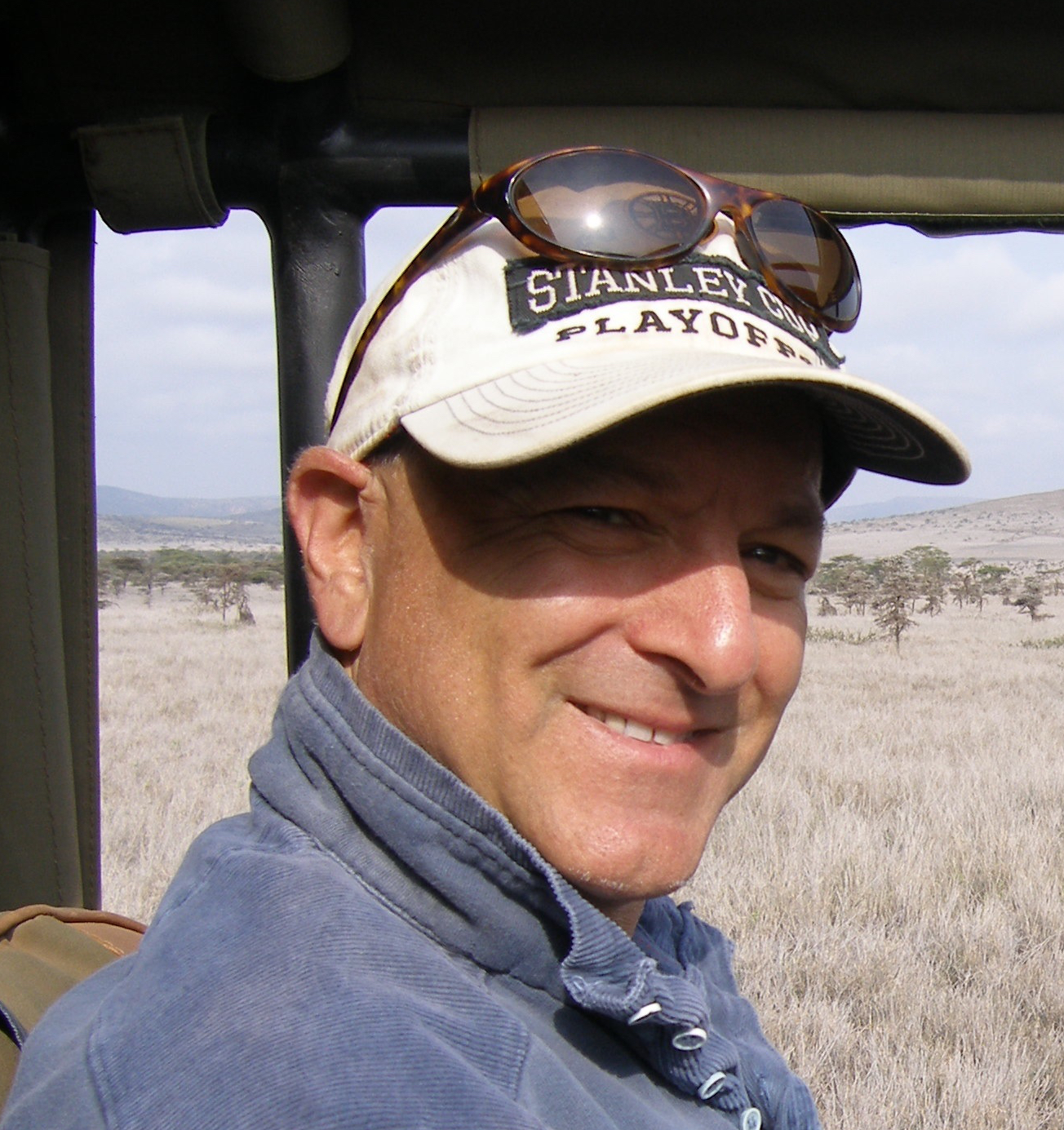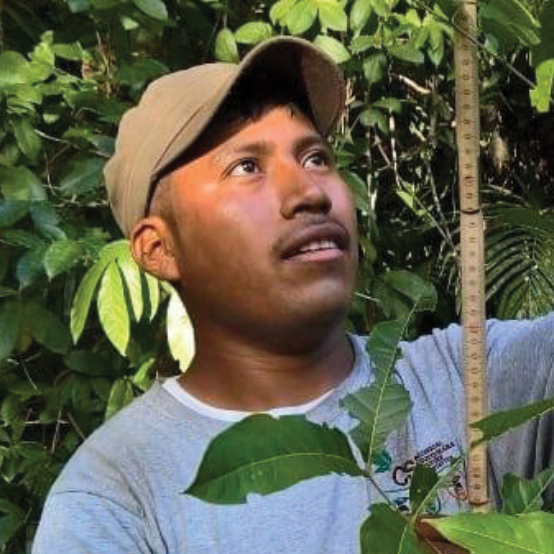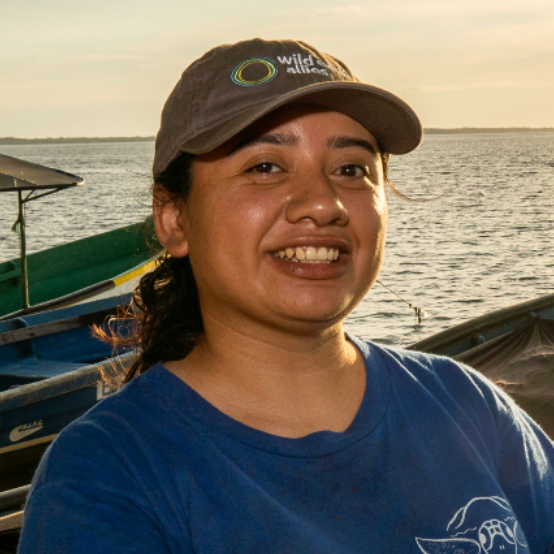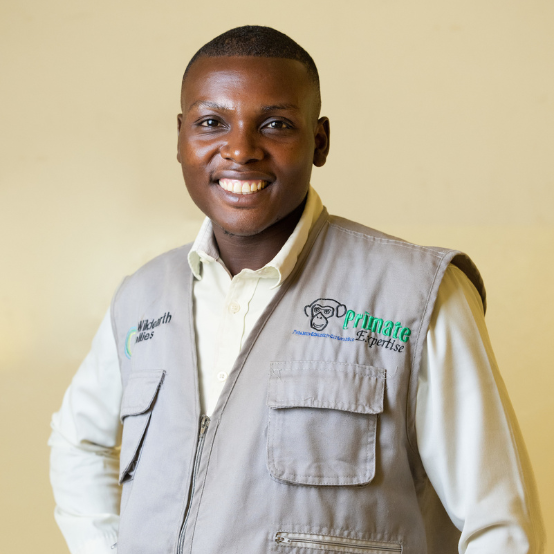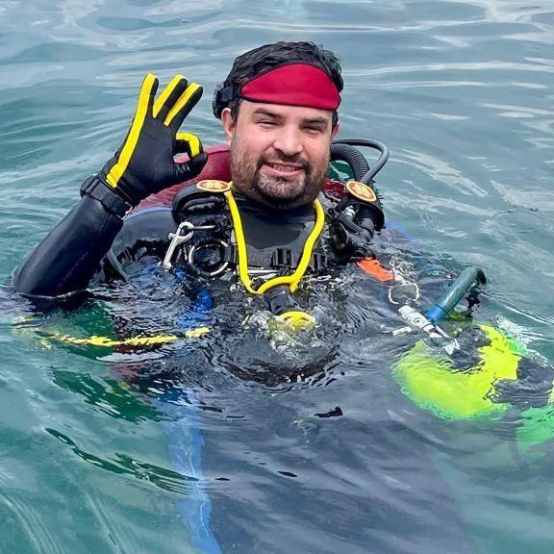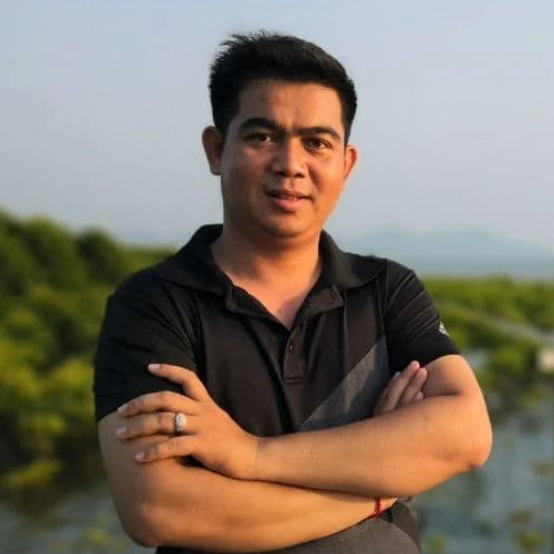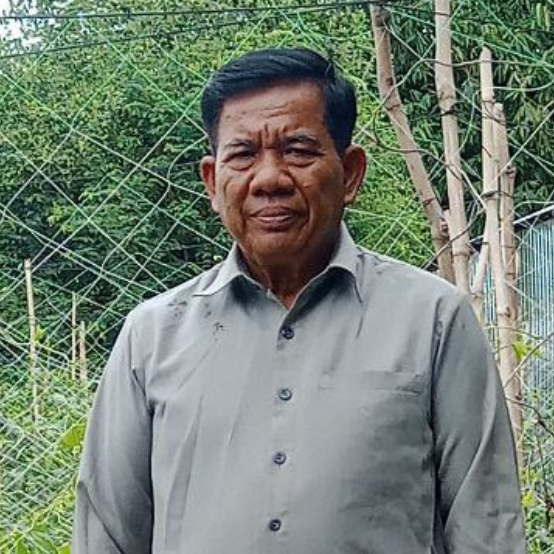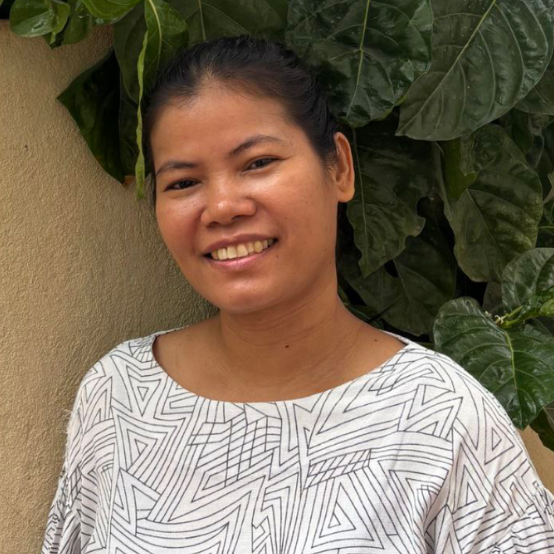We are proud to share the following impact highlights from our global portfolio. These underscore the impressive resilience of our field teams and partners, amidst the many pandemic pressures that have characterized the past year. We are feeling optimistic and have exciting plans for growth as we accelerate protection of the natural world with talented practitioners.
DEMOCRATIC REPUBLIC OF THE CONGO
Our emergency support last year equipped 50 park rangers to resume anti-poaching patrols in Kahuzi-Biega National Park, dismantling 462 snares in core Grauer’s gorilla habitat. Outside the park, we reached three Indigenous Batwa villages with food and hygienic supplies. Our partner Primate Expertise produced 15,870 “ape trees” grown from seeds collected from gorilla dung and restored 100-hectares of degraded forest. We are delivering further emergency support as the park and communities continue grappling with pandemic-related challenges.
RWANDA
We are moving with urgency towards our goal of 500 household rainwater harvest tanks for families living in the foothills of Volcanoes National Park. Together with the women-led cooperative Imbereheza Gahunga, to date we have constructed 169 tanks. Beneficiaries report children staying in school, improved hygiene and health, and daily time savings of more than three hours. And they no longer need to enter the national park to find water – critically important for endangered mountain gorillas during this pandemic.
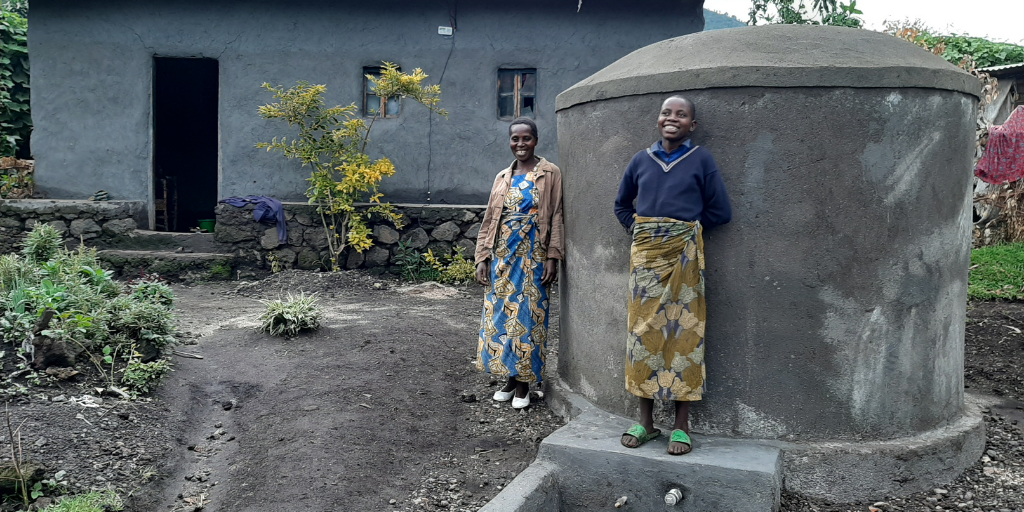
CAMBODIA
In Prey Lang Forest, we have documented 89 wildlife species, 21% threatened, including Asian elephant and Malayan sun bear. Our surveys of endangered pileated gibbon are encouraging with at least nine groups identified. These findings will improve protection and guide long-term monitoring. We responded rapidly to communities experiencing human-elephant conflict in the Cardamoms and the Eastern Plains. Along the coast, we established community-led marine patrols to protect critical coral and seagrass habitats.
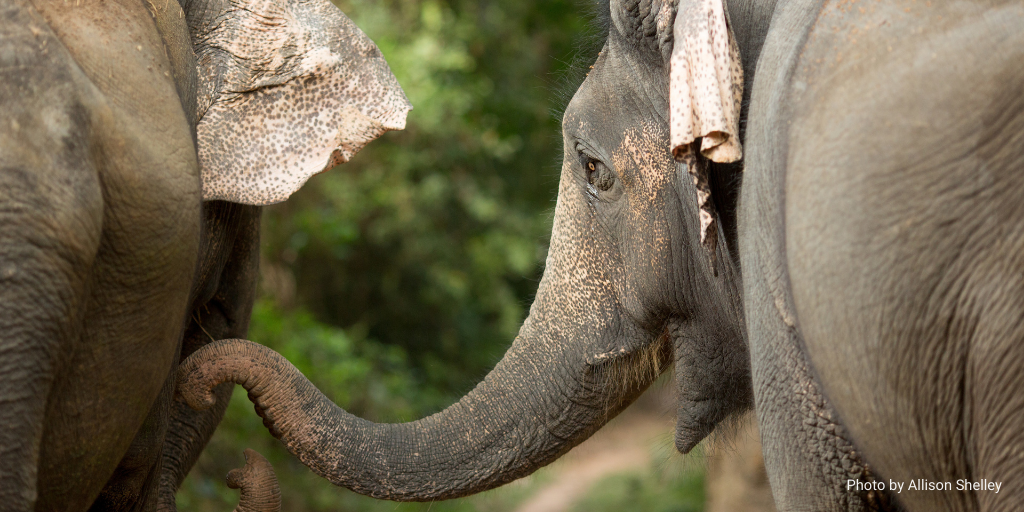
UNITED STATES
Launching our newest partnership right here in the United States, we have joined forces with statewide land trust Delaware Wild Lands to accelerate restoration of the 10,600-acre Great Cypress Swamp. This is a vitally important forested wetland and a critical part of the Chesapeake Bay watershed. We conducted early season botanical surveys, discovering new species for the Swamp and later this year will plant more than 12,000 Atlantic white cedar and bald cypress trees, native species that have been reduced to a fraction of their original extent.
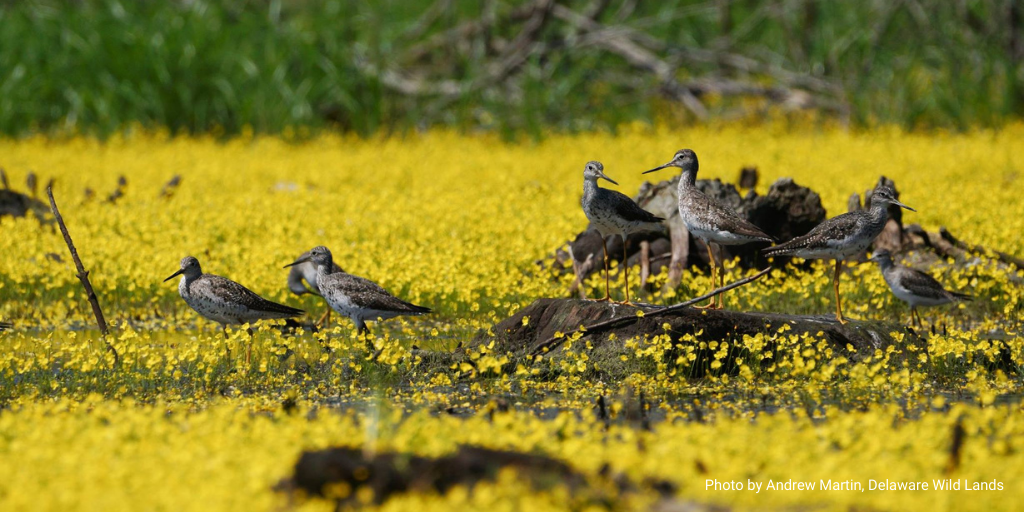
EL SALVADOR
Our partner ProCosta and their community hawksbill network protected 389 critically endangered hawksbill turtle nests and released 28,450 hatchlings last year, making 2020 one of the most successful nesting seasons to date. Despite the pandemic and several hurricanes, they achieved a record-breaking nest protection rate of 99.3% in El Salvador’s Jiquilisco Bay. Together, we advanced planning for a new marine protected area to preserve critical hawksbill foraging grounds.
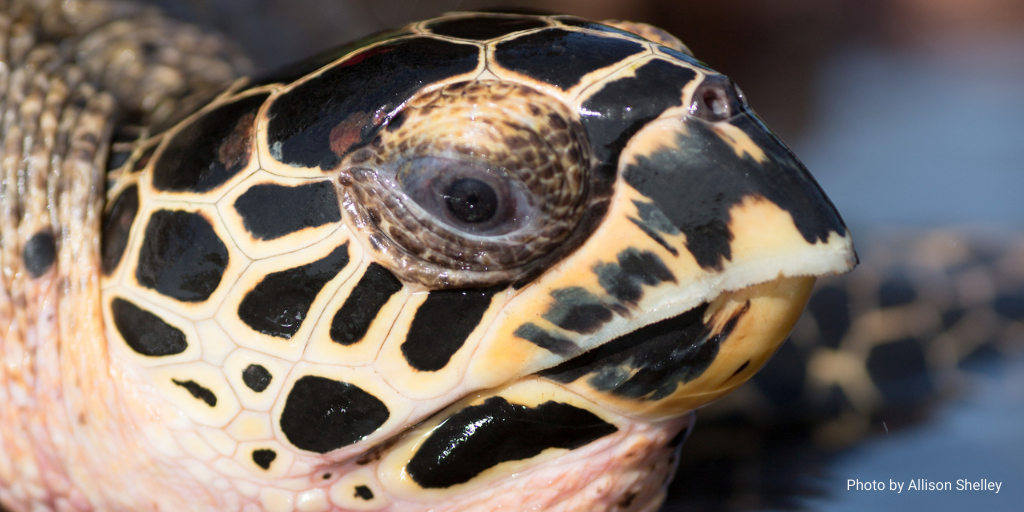
BELIZE
Together with talented biologist Louis Peña, our field botanist Steven Brewer accelerated cataloguing work for the Trees of Belize project. They added 25 new trees to the database, bringing the tally to 1,251 species, and they are collaborating on a prototype for the digital field guide. Steven also completed a Guide to Timber Tree Species of Belize, which will serve as a key training tool for the Belize Forest Department as they manage commercially valuable, at-risk trees like Mahogany.
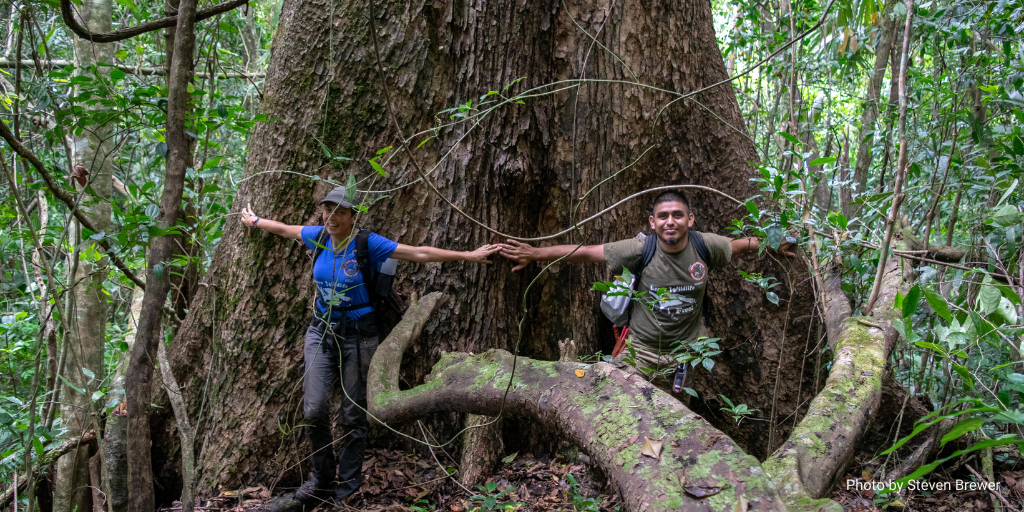
CLIMATE RESILIENCE
Climate change is one of the greatest challenges of our time, and healthy ecosystems are our greatest defense. They store vast amounts of carbon and deliver myriad economic, environmental, health and cultural benefits. Together with our partners, we are proud to protect 2.5 million acres of priority terrestrial and marine ecosystems globally. This collaborative action fuels the resilience of communities and endangered wildlife to our changing climate.
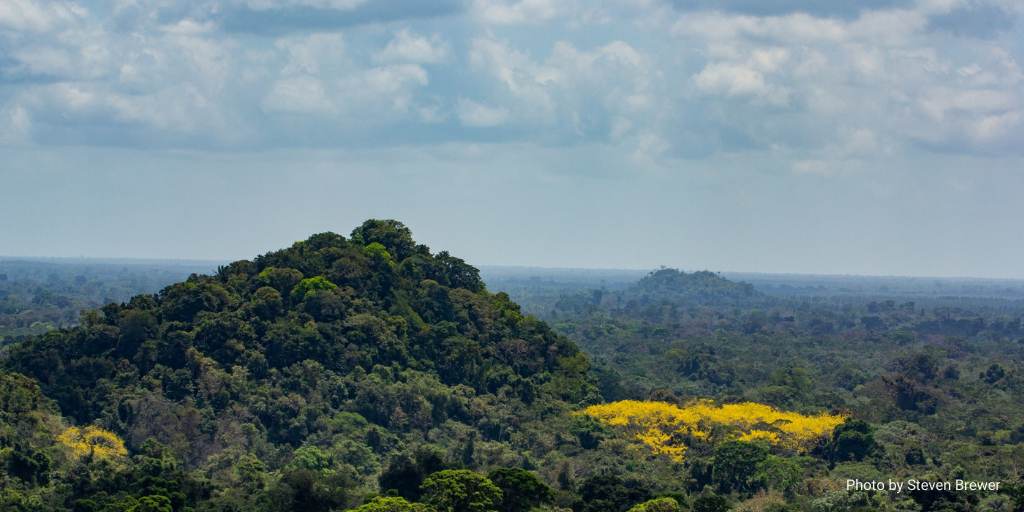
Learn more about our work and please join us by donating today.

